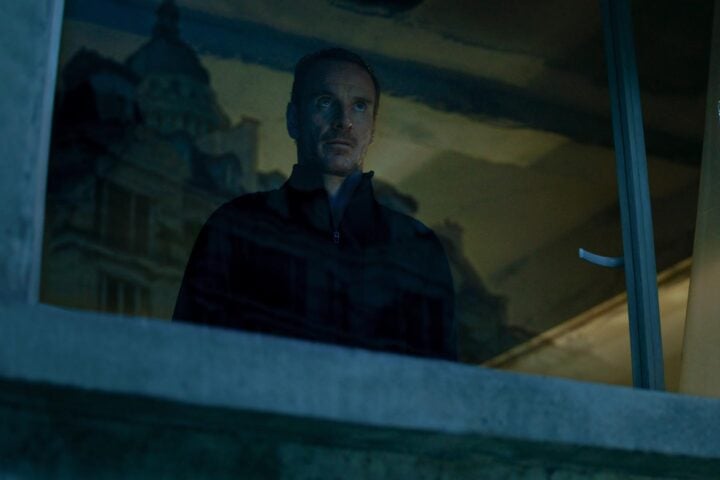The subject matter and environment of Luke Lorentzen’s A Still Small Voice come with inherent stakes, so there’s no need to dress them up or stylistically telegraph themes and emotion. The documentary traces the final portion of palliative care chaplain-in-training Margaret “Mati” Engel’s yearlong residency at Mount Sinai Hospital’s spiritual care department. Scene after scene passes by with a near-total absence of orchestral score, and many of its shots keep a respectful distance from the moments where we witness Mati at work, including her first interaction with a paralyzed individual barely hanging onto consciousness.
Lorentzen and Engel engaged in a series of collaborative discussions to ensure that the documentary’s depictions of these interactions with patients were ethical and that the people shown wanted to be in the movie, which is a comfort to learn, though simply watching the scenes themselves never feels exploitative. This is true even when what we’re seeing is as wrenching as Mati baptizing a stillborn child with the grieving parents watching over.
Like De Humani Corporis Fabrica, A Still Small Voice has a special regard for what Mati repeatedly terms “the intelligence of the human body.” Lorentzen, who also handled editing and photography duties, is fond of intercutting extended views of Mati and her supervisor—and quasi-ideological rival—Rev. David Fleenor’s hands. Mati clutches her sternum during a tough phone conversation with a patient who’s recently lost a partner, while David nervously interlocks his fingers during a check-in with Mati. Such inclusions are especially effective in a film that’s as concerned with the fragile, often failing bodies of the palliative care patients as it is with the chaplains and how their arduous work is making them feel spiritually depleted.
A Still Small Voice isn’t as corporeally obsessed as De Humani Corporis Fabrica, but that’s by design. The film is interested in foregrounding the interpersonal exchanges that underlie all medical care, whether that’s the palliative consultations or the regular staff meetings led by David or Mati’s offerings of coffee and tea to nurses from a wheeled cart. And given the gracefulness of Lorentzen’s approach throughout, the moment where the film’s title is revealed to be rooted in a leading question by Mati to a patient with lung cancer is unusually treacly.
A Still Small Voice, though, consistently does a fine job of holding a mirror to the experience of real-life therapeutic practice. Mati and her cohort are trying to help their patients make sense of the circumstances that brought them to the place they’ve arrived at, and to devise some coping mechanisms for how to process it, but they, like the film, can only do so much. For every truth that’s uncovered, so much remains undetermined and untangled. Sometimes a gently voiced “hmm” will have to be good enough, for us and for the patients.
Since 2001, we've brought you uncompromising, candid takes on the world of film, music, television, video games, theater, and more. Independently owned and operated publications like Slant have been hit hard in recent years, but we’re committed to keeping our content free and accessible—meaning no paywalls or fees.
If you like what we do, please consider subscribing to our Patreon or making a donation.



